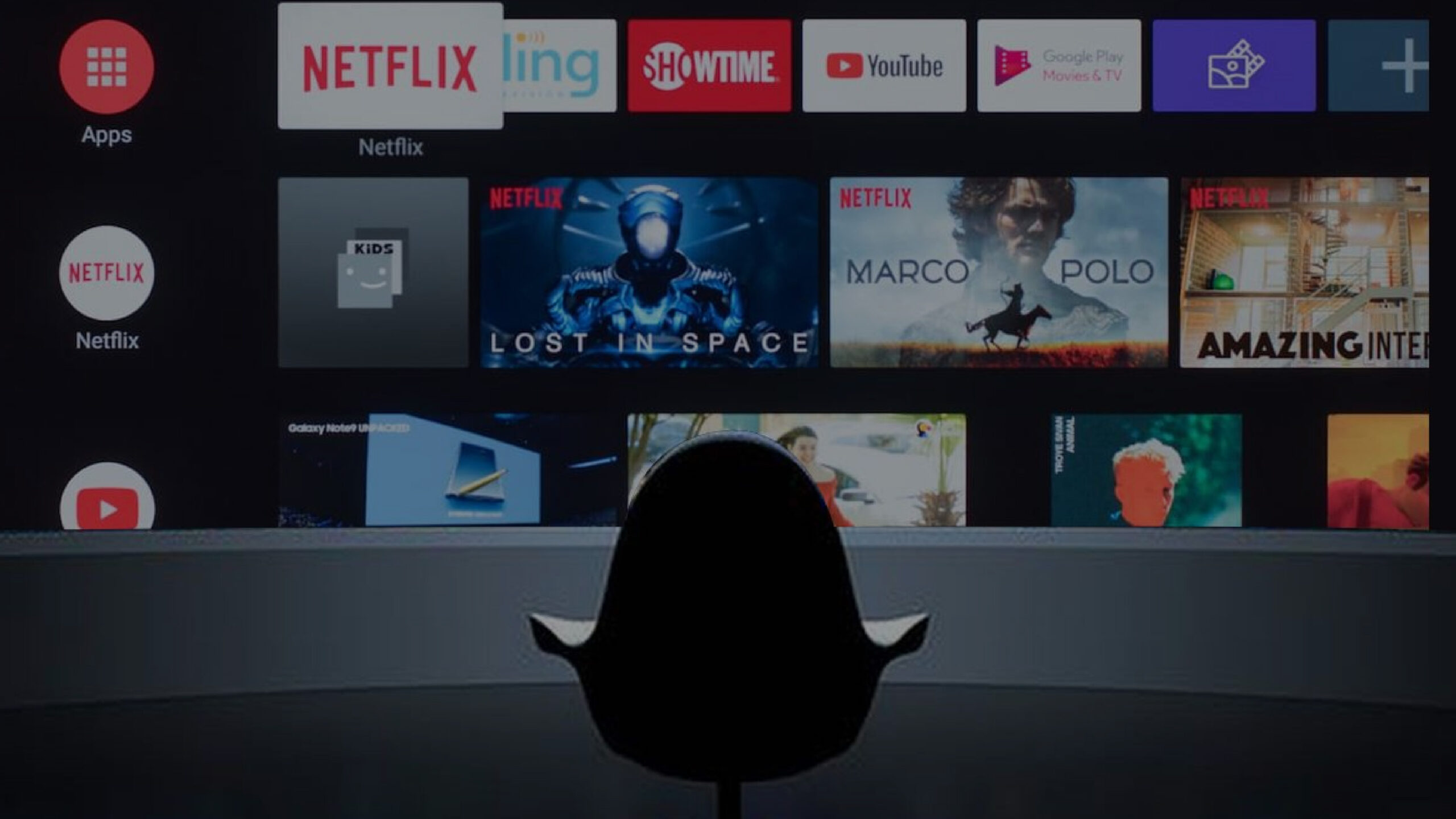TRAIs crackdown on pesky calls and messages
Introduction
To combat the problem of annoying calls and SMS, telecom regulator TRAI has urged service providers to create a uniform digital platform in two months that will allow them to request, maintain, and withdraw customers’ approval for promotional calls and messages. In the initial stage, only subscribers will be able to initiate the process of registering their consent to receive promotional calls and SMS, and later, business entities will be able to contact customers to seek their consent to receive promotional messages, according to a statement issued by the Telecom Regulatory Authority of India (TRAI) on Saturday.
TRAI Directs Telecom Providers to Set Up Digital Platform
TRAI has now directed all access providers to develop and deploy the Digital Consent Acquisition (DCA) facility for creating a unified platform and process to digitally register customers’ consent across all service providers and principal entities. Consent is received and maintained under the current system by several key entities such as banks, other financial institutions, insurance firms, trading companies, business entities, real estate businesses, and so on.
The purpose, scope of consent, and the principal entity or brand name shall be clearly mentioned in the consent-seeking message sent over the short code,” according to the statement.
It stated that only approved online or app links, call-back numbers, and so on will be permitted to be used in consent-seeking communications.
TRAI issued guidelines to guarantee that all voice-based Telemarketers are brought under a single Distributed ledger technology (DLT) platform for more efficient monitoring of nuisance calls and unwanted communications. It also instructs operators to actively deploy AI/ML-based anti-phishing systems as well as to integrate tech solutions on the DLT platform to deal with malicious calls and texts.
TRAI has issued two separate Directions to Access Service Providers under TCCCPR-2018 (Telecom Commercial Communications Customer Preference Regulations) to ensure that all promotional messages are sent through Registered Telemarketers (RTMs) using approved Headers and Message Templates on Distributed Ledger Technologies (DLT) platform, and to stop misuse of Headers and Message Templates,” the regulator said in a statement.
Users can already block telemarketing calls and texts by texting 1909 from their registered mobile number. By dialing 1909, customers can opt out of getting advertising calls by activating the do not disturb (DND) feature.

Telecom providers operate DLT platforms, and businesses involved in sending bulk promotional or transactional SMS must register by providing their company information, including sender IDs and SMS templates.
According to the instructions, telecom companies will send consent-seeking messages using the common short code 127. The goal, extent of consent, and primary entity/brand name must be clearly stated in the consent-seeking message delivered via the shortcode.
TRAI stated that only whitelisted URLs/APKs (Android package kits file format)/OTT links/call back numbers, etc., shall be used in consent-seeking messages.
Telcos must “ensure that promotional messages are not transmitted by unregistered telemarketers or telemarketers using telephone numbers (10 digits numbers).” Telecom providers have been urged to act against all erring telemarketers in accordance with the applicable regulations and legal requirements.
Users can, however, refuse to receive any consent-seeking messages launched by any significant Telcos have been urged to create an SMS/IVR (interactive voice response)/online service for this purpose.
According to TRAI’s timeline, the consent-taking process by primary companies will begin on September 1.According to a nationwide survey conducted by a local circle, 66% of mobile users continue to receive three or more bothersome calls per day, the majority of which originate from personal cell numbers.
There are scams surfacing on the internet with new types of scams, like WhatsApp international call scams. The latest scam is targeting Delhi police, the scammers pretend to be police officials of Delhi and ask for the personal details of the users and the calling them from a 9-digit number.
A recent scam
A Twitter user reported receiving an automated call from +91 96681 9555, stating, “This call is from Delhi Police.” It went on to ask her to stay in the queue since some of her documents needed to be picked up. Then he said he is a sub-inspector at New Delhi’s Kirti Nagar police station. He then questioned if she had lately misplaced her Aadhaar card, PAN card, or ATM card, to which she replied ‘no’. The fraudster then claims to be a cop and asks her to validate the final four digits of her card because they have discovered a card with her name on it. And so many other people tweeted about this.
The scams are constantly increasing as earlier these scammers asked for account details and claimed to be Delhi police and used 9-digit numbers for scamming people.
TRAI’s new guidelines regarding the consent to receive any promotional calls and messages to telecommunication providers will be able to curb the scams.
The e- KYC is an essential requirement as e-KYC offers a more secure identity verification process in an increasingly digital age that uses biometric technologies to provide quick results.

Conclusion
The aim is to prevent unwanted calls and communications sent to customers via digital methods without their permission. Once this platform is implemented, an organization can only send promotional calls or messages with the customer’s explicit approval. Companies use a variety of methods to notify clients about their products, including phone calls, text messages, emails, and social media. Customers, however, are constantly assaulted with the same calls and messages as a result of this practice. With the constant increase in scams, the new guideline of TRAI will also curb the calling of Scams. digital KYC prevents SIM fraud and offers a more secure identity verification method.


.webp)


